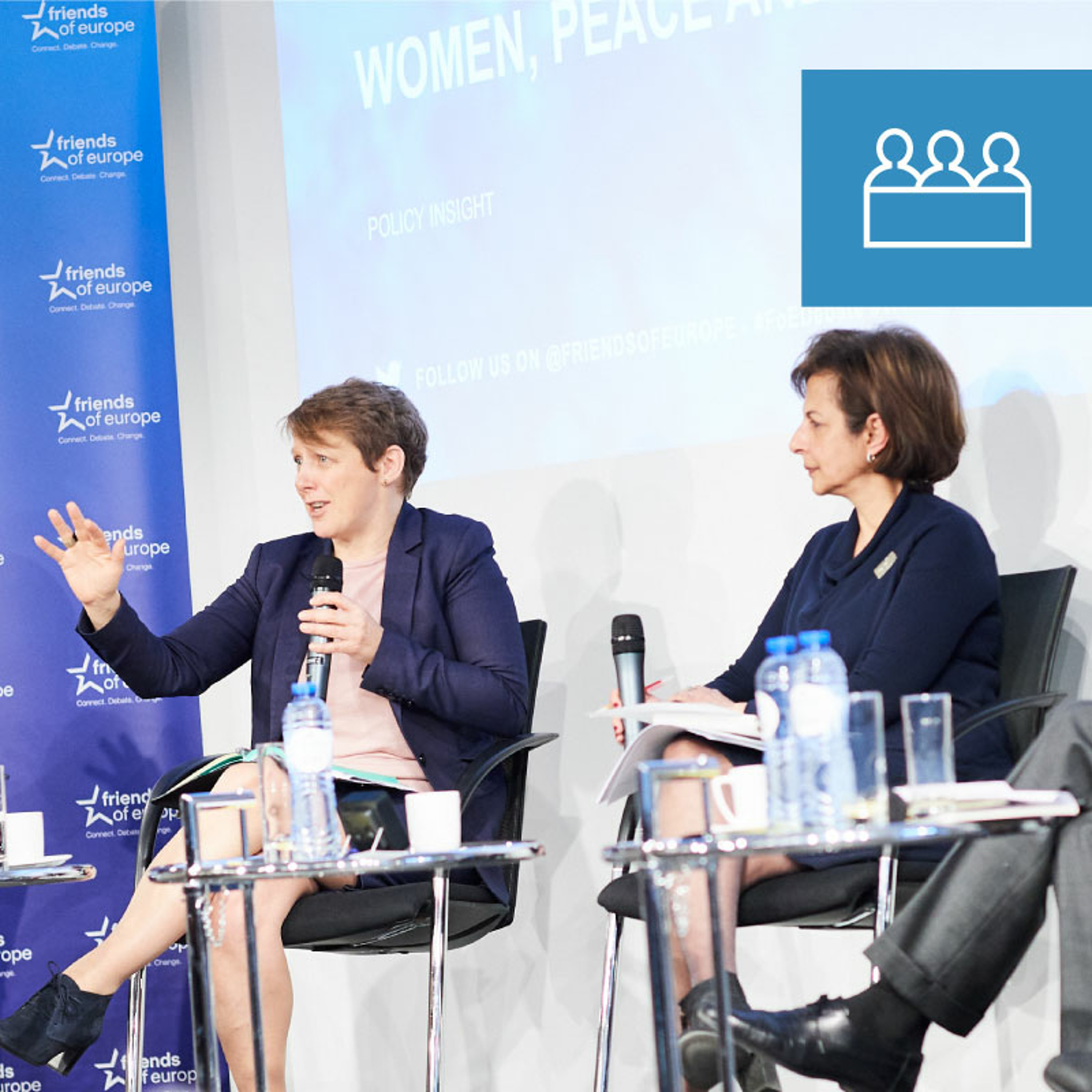Women, Peace and Security

b'National and international peace talks routinely exclude women despite their key role in peace-building and ensuring sustained stability. Despite stereotypical images of women as passive victims of war, women are largely active in the informal spheres, at community and civil society levels, beneath the radar of the international community and the traditional peace and security framework. Although traditional efforts by governments and nongovernmental organisations to combat radicalisation typically focus on reaching out to political or religious leaders-who are predominantly male-recent research shows that antiterrorism messages are effectively disseminated throughout families and communities by women, who are well placed to challenge extremist narratives in homes, schools, and social environments, and have particular influence among young populations. \\n\\n- What are the key benefits of including women in national and international peace and security negotiations?\\n- Why is there a need for increased female participation in the security sector?\\n- How can women play a more active role in combating radicalisation?\\n\\nSpeakers included:\\nBruno Nazim Baroni, Head of Monitoring and Evaluation at AVSI Foundation, South Sudan\\nMakiko Kubota, Senior Advisor on Gender and Development at JICA Tokyo\\nClare Moody, European Parliament Vice-Chair of the Subcommittee on Security and Defence; and rapporteur on \\u201cEU fund for gender equality\\nSandra Oelke, Advisor on Security, Peace and Disaster Risk Management at the Deutsche Gesellschaft f\\xfcr Internationale Zusammenarbeit (GIZ) \\n\\nModerated by\\nShada Islam, Director of Europe & Geopolitics at Friends of Europe'